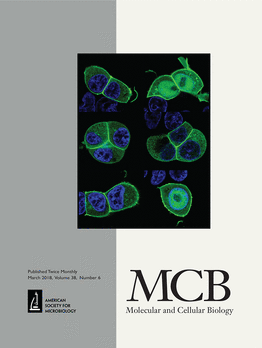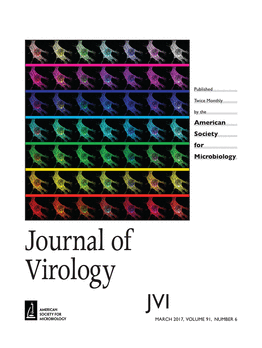 A researcher who is facing a criminal investigation in Italy for research misconduct has seen five more papers retracted, for a total of
A researcher who is facing a criminal investigation in Italy for research misconduct has seen five more papers retracted, for a total of 16 15.
Molecular and Cellular Biology has retracted four papers published between 1987 to 2001 by Alfredo Fusco, a cancer researcher in Italy; the Journal of Virology retracted one 1985 paper. Fusco was first author on two papers and last author on three. Both journals are published by The American Society for Microbiology (ASM), which issued identical retraction notices for all five papers, mentioning “evidence of apparent manipulation and duplication.”
Carlo Croce, a cancer researcher now at the Ohio State University, who has been dogged by misconduct allegations, co-authored one of the papers. Croce now has eight retractions.
Here’s the notice presented for all five retractions: Continue reading Retraction count for Italian researcher swells to 15 as five papers fall
 A group of researchers in France has been forced to retract their 2002 article in the
A group of researchers in France has been forced to retract their 2002 article in the 

